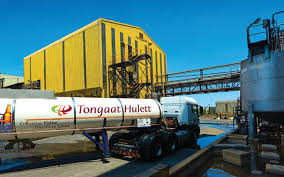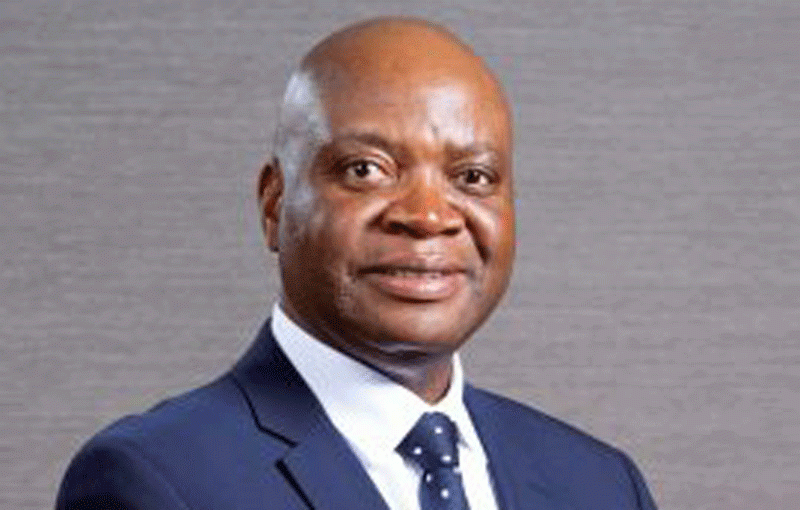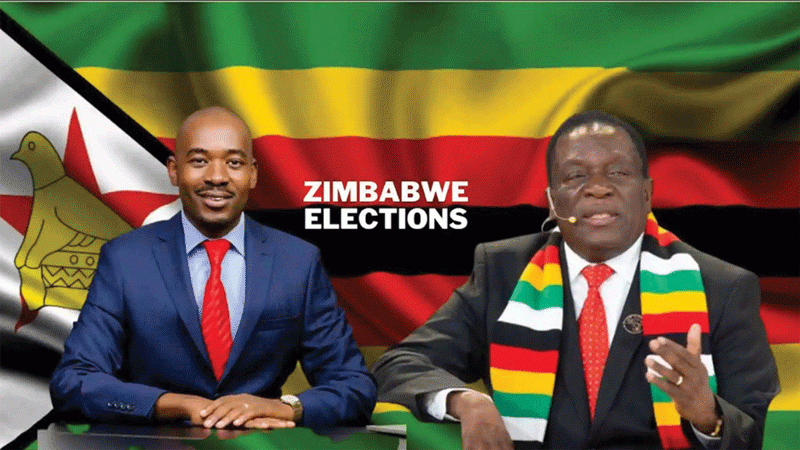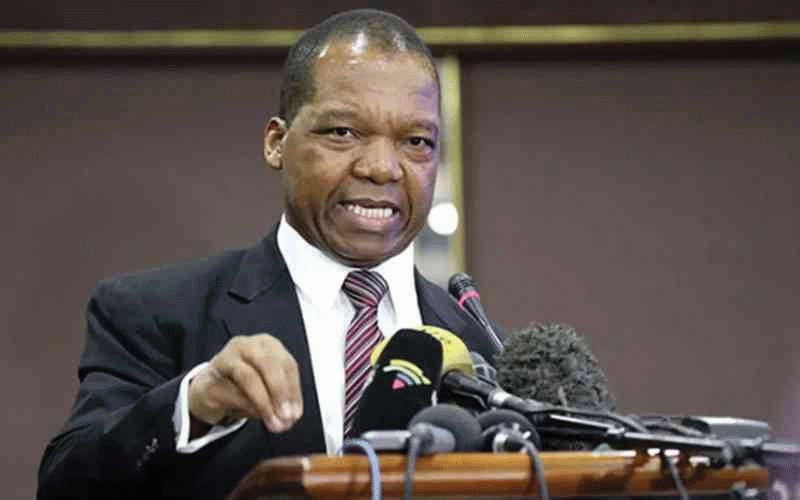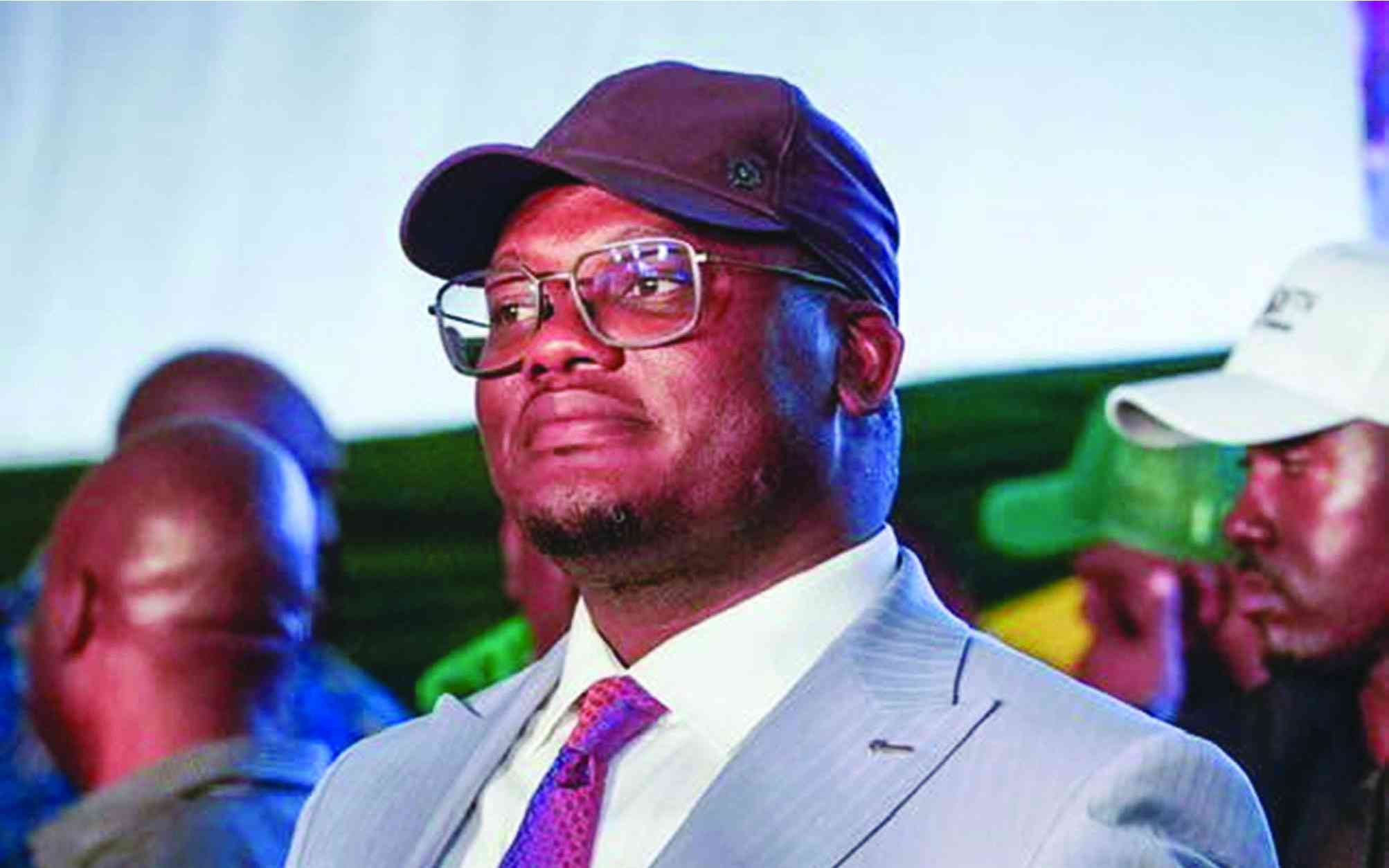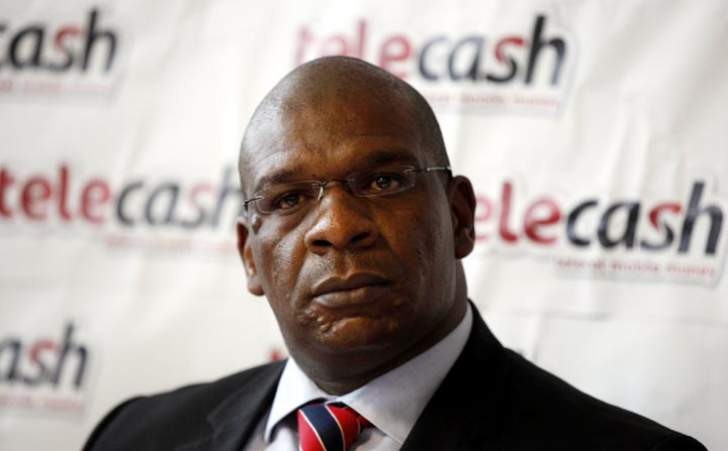
A highlight of Zimbabwe’s crumbling public infrastructure is the rapid deterioration of the country’s road network. It is the result of many years of neglect by the government, which responded about two years ago by launching the emergency roads rehabilitation programme (ERRP) to repair the extensive damage. At the centre of the mammoth task is the Zimbabwe National Roads Administration (Zinara), whose role is to collect toll fees from motorists and deploy funding towards the network’s upkeep. Zinara chief executive officer Nkosinathi Ncube (NN) this week opened up to our business reporter, Freeman Makopa (FM) in a discussion that reveals how motorists, evading from licensing their cars, have become the biggest hurdle to road rehabilitation. Below is how their discussion turned out …
FM: We note that most of Zimbabwe’s roads are extremely bad. How much did Zinara disburse to local authorities in 2022 towards the rehabilitation of roads?
NN: In 2022 we disbursed ZW$33, 97 billion (about US$47 million) to all the 93 road authorities that we have in the country. The funds were for road maintenance and rehabilitation.
FM: Were all the funds accounted for? What measures have you put in place to avoid mismanagement?
NN: As Zinara, we value proper utilisation of the funds that we disburse to road authorities. At the beginning of every year, we train roads authorities on procurement issues, contract management and acquittal processes. After disbursing the funds, we then make follow ups through our internal audit department to ensure that they are used for the purposes for which they were disbursed. Upon completion of works by road authorities, they must acquit the funds. Road authorities that fail to acquit funds disbursed to them will not qualify for the next disbursement.
FM: How much are you expecting to disburse towards road rehabilitation this year?
NN: In 2023 we have set a budget of ZW$93,9 billion (about US$130 million) for disbursements to road related works, including toll infrastructure and road authorities’ capacitation.
FM: In terms of collections, how much revenue is Zinara expecting this year?
- 9 000 farmer field schools on cards
- Zim woman dies in Oman
- PRAZ probes Matabeleland road projects
- PRAZ probes Matabeleland road projects
Keep Reading
NN: From all the revenue streams that we have as Zinara, we are targeting to collect close to ZW$103,7 billion (about US$143 million).
FM: Is this amount enough to fund the rehabilitation and repair of Zimbabwe’s roads, given the bad state of affairs?
NN: The collections that we do are not enough to cover the rehabilitation and maintenance costs that our road infrastructure now requires. It is important to note that our road infrastructure was neglected for a long time and now requires a huge investment. Our objective always is to make meaningful and significant disbursements to road authorities. In pursuit of this objective, this year we are looking at engaging financial institutions with a view to secure loan facilities to boost our disbursements to road authorities.
FM: As we noted in the beginning, the national road network is dilapidated and in dire need of urgent attention. Please share with us your strategy for 2023
NN: As Zinara, our legislative mandate is limited to funding of road authorities for road rehabilitation and maintenance. As such, we kindly request you to refer this inquiry to our parent, the Ministry of Transport and Infrastructural Development. But our key objective is to successfully fund the emergency road rehabilitation programme (ERRP 2). In line with our rebranding journey that we started in 2022, we are looking at the full transformation of Zinara into a reputable state entity. We are building this on the strong success foundation that we laid in 2022.
FM: What challenges does Zinara face as it executes these operations?
NN: In any business there are operational challenges that you face. In our case as Zinara, our biggest challenge is non-compliance by some motorists on vehicle licensing. This has got a direct impact on the final disbursements that we do to road authorities. We urge motorists to comply with the provisions of the law for us to fully finance a world-class road network in line with Vision 2030 and the National Development Strategy 1.
FM: How far have you gone with your plan to upgrade toll gates to toll plazas? And how much do you require in order to achieve this?
NN: The tender for the designs was successfully completed in 2022 and the tender for the construction of toll gates should be done in the first quarter of 2023 after which the construction is expected to commence in the second quarter.
FM: Before you came into office, reports of corruption were rampant at Zinara. A forensic audit to this effect was carried out. What strategies have you put in place to address corruption?
NN: As an organisation we have scaled up our efforts in fighting corruption. We have come up with multiple interventions to fight this scourge. Firstly, we introduced a fully-fledged risk and loss control department to deal with all cases of corruption and fraud within the organisation. We have also installed CCTV cameras at the toll gates to monitor all activities at the sites in real time. Further, we have also intensified our audit spot checks and revenue assurance reviews. All monies collected are banked in line with laid down standard operating procedures.
In addition, as an institution we are one of the first organisations to set up integrity committees, which is an initiative by the Zimbabwe Anti-Corruption Commission whose main purpose is to encourage employees to desist from corrupt tendencies by educating them on the risk and consequences of corruption.

